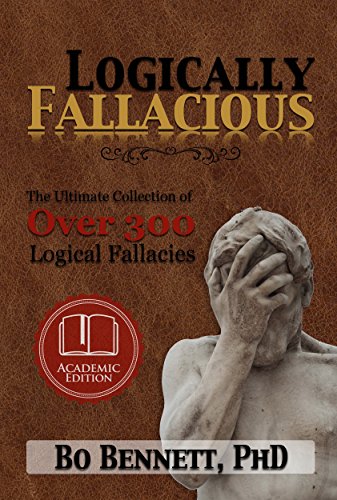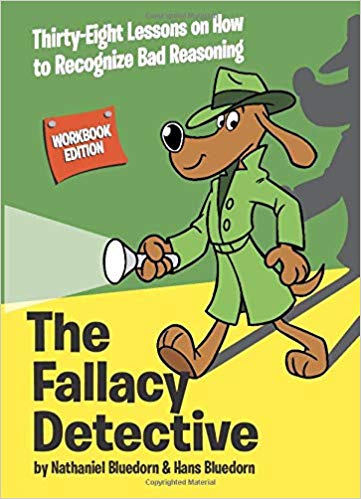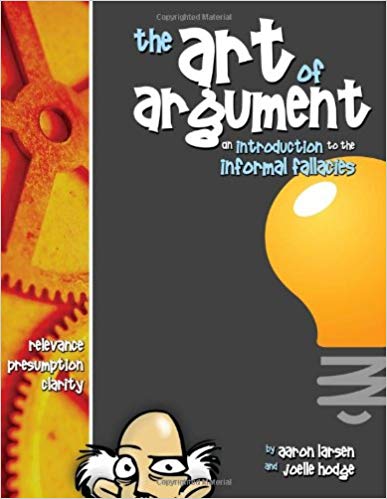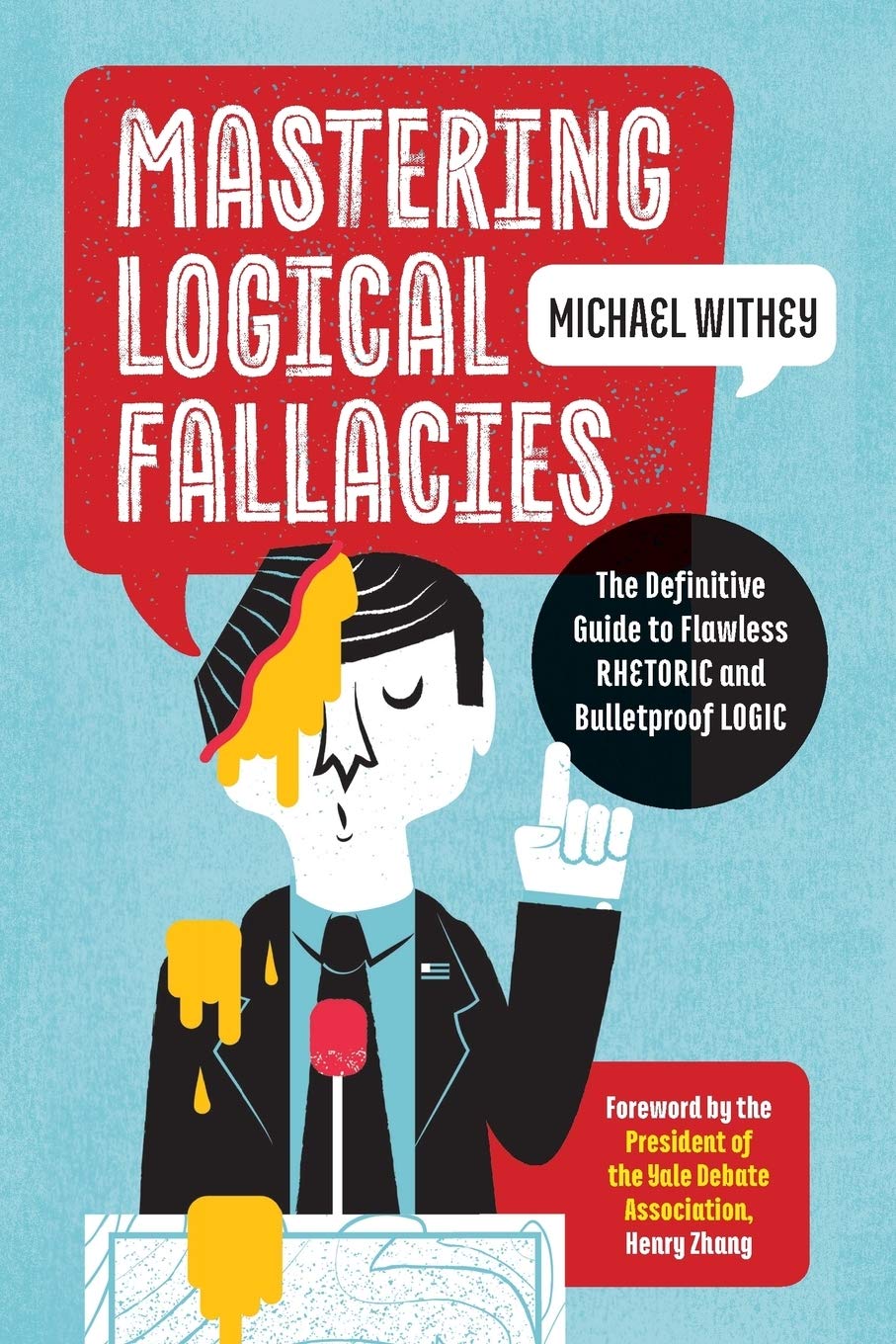The Gambler's Fallacy is a logical fallacy that occurs when a person assumes that if a certain event has occurred more frequently than normal in the past, it will occur less frequently in the future, or vice versa. This fallacy is often seen in gambling, where it is assumed that if a coin has landed heads up five times in a row, then it is more likely to land tails up on the sixth flip. This misconception can be applied to many different situations, including financial markets and sports betting.
The Gambler's Fallacy is based on the belief that a past event has an effect on a future event, which is not true. Every event is independent of all other events that have gone before it. This means that in any given situation, a set of outcomes is equally likely regardless of past events. It is not more likely that a coin will land heads up on the sixth flip because it has landed heads up five times in a row, as the probability of the coin landing heads up or tails up is always 50/50.
The Gambler's Fallacy is an example of a cognitive bias, which is an error in judgment or thinking that leads to an incorrect decision. These biases are often caused by our tendency to look for patterns and draw conclusions based on past experiences. It is important to be aware of these biases and how they can affect our decisions, as our decisions are only as good as the information we use to make them.
The Gambler's Fallacy can be a dangerous fallacy to fall into, as it can lead to poor decisions and costly mistakes. It is important to remember that each event is independent of all other events and that the probability of a certain outcome is not affected by past events. By understanding the Gambler's Fallacy and being aware of our own biases, we can make better decisions and avoid costly mistakes.






